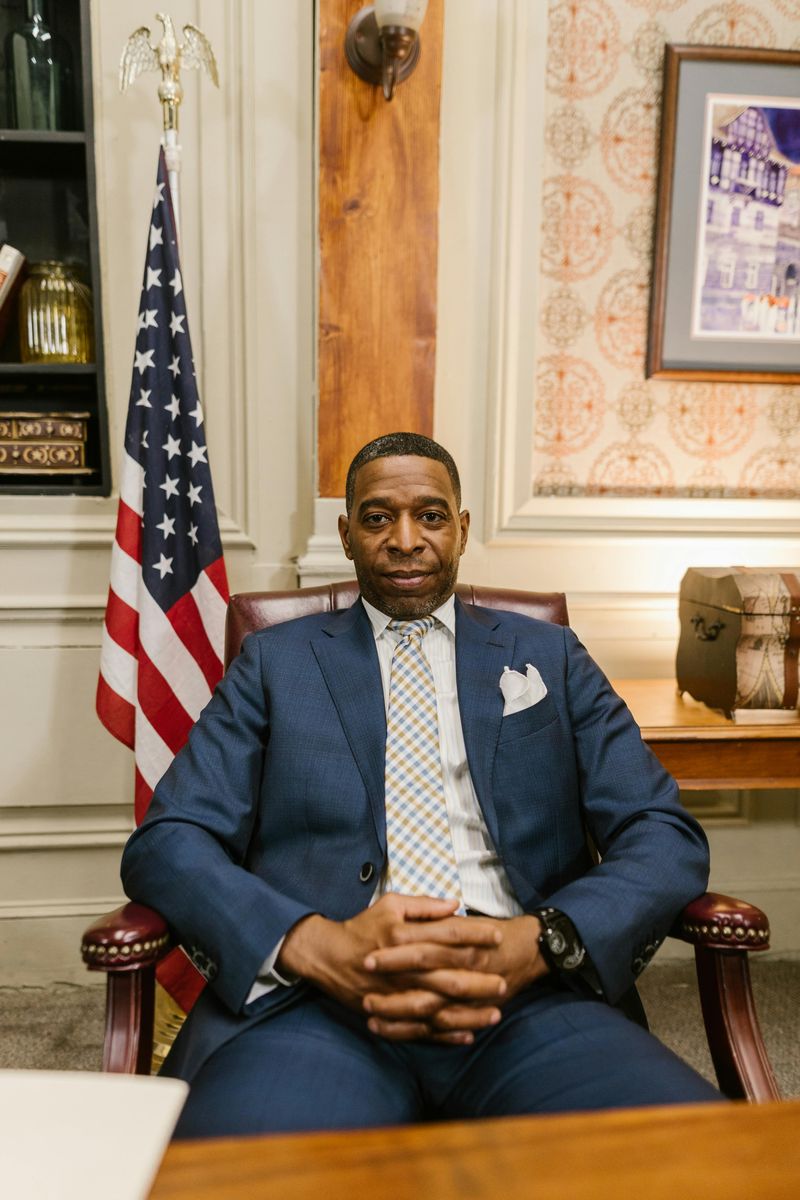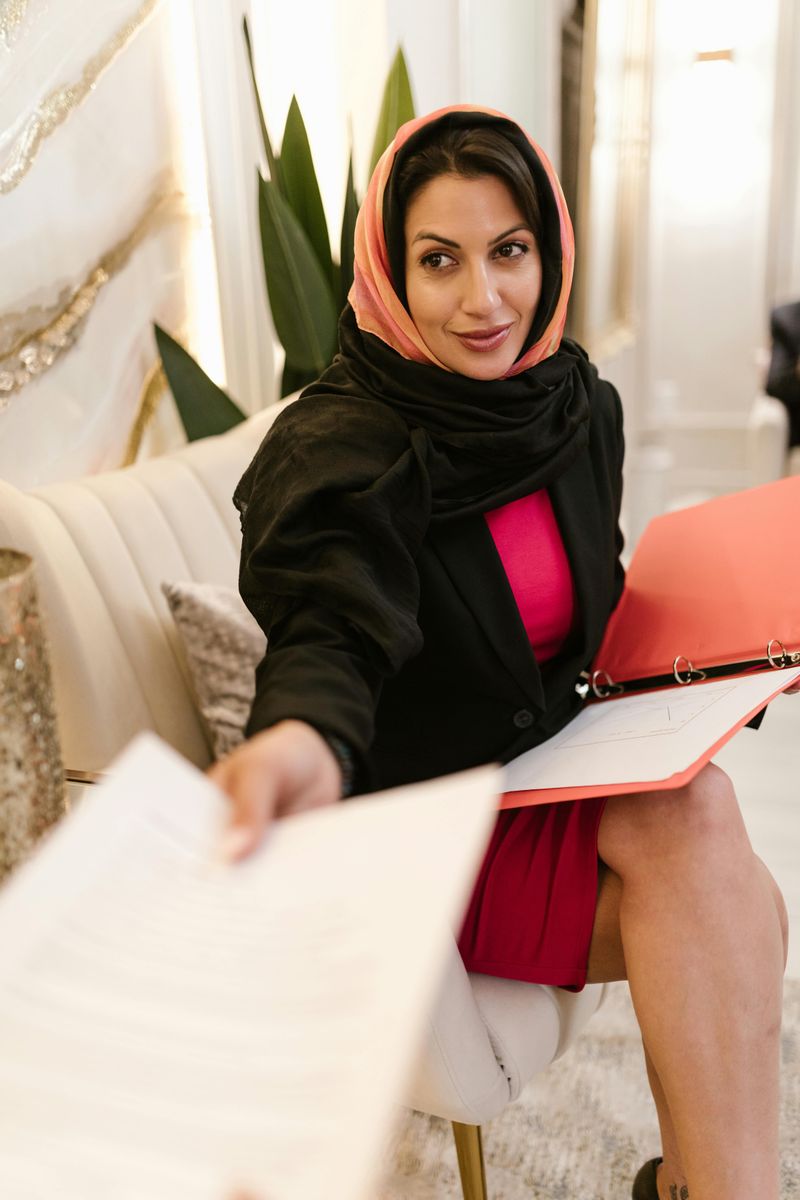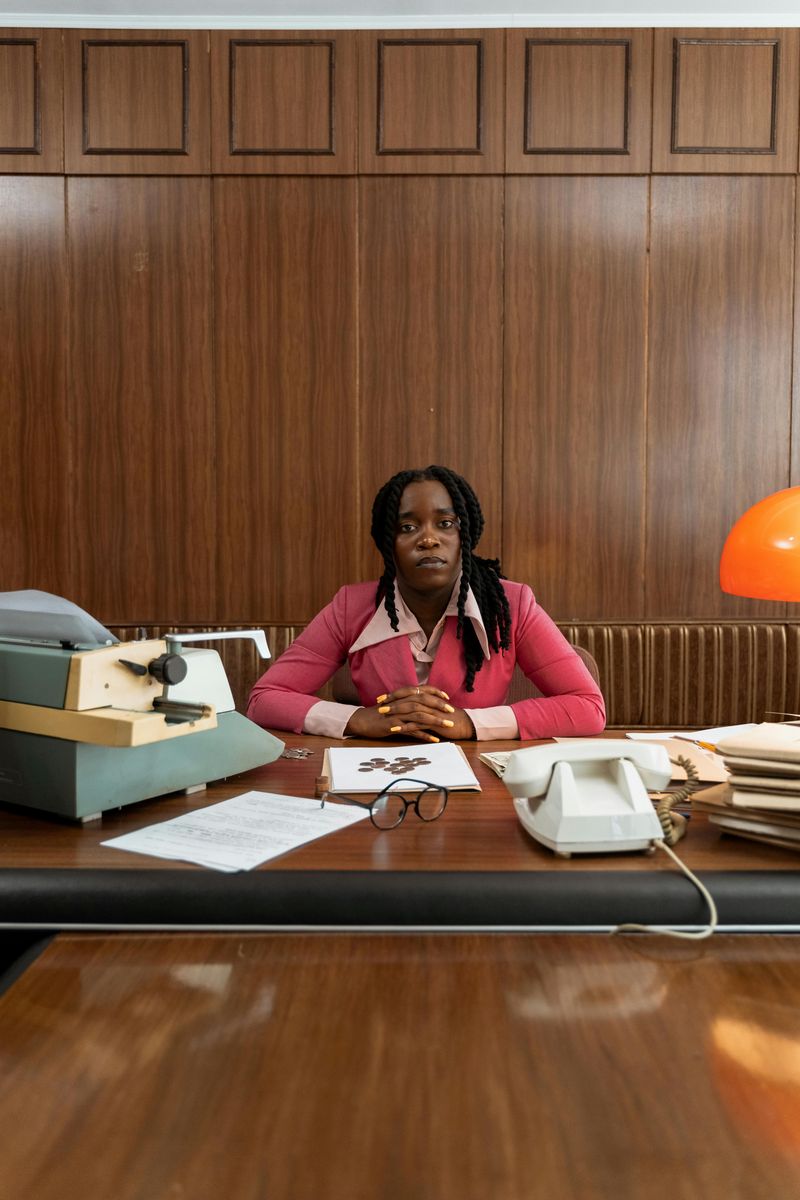10 Things You Could Say at Work in 1985 That Would Get You Fired Today

The workplace of 1985 was a vastly different environment from today. Conversations that were once commonplace might now seem shocking or even intolerable. Changes in societal values, laws, and awareness of discrimination have reshaped how we communicate. The evolution toward inclusivity and respect has ushered in new norms, making previous behaviors unacceptable.
This shift reflects broader societal changes, recognizing the importance of diversity, equality, and mutual respect. Below are ten things you might have heard in an office in 1985 that would be grounds for dismissal today, showing how far we’ve come in fostering more equitable workplaces.
1. “Sweetheart, grab me a coffee.”

Back in the 1980s, it wasn’t unusual to hear dismissive remarks like “Sweetheart, grab me a coffee.” Such language might have seemed harmless to some, but it perpetuated a disrespectful dynamic. Addressing female colleagues in a diminutive manner reinforced hierarchical gender roles.
Today, workplaces strive for equality and mutual respect, making such comments unacceptable. Modern environments emphasize the value of inclusive language, reflecting broader societal shifts towards gender parity. The change highlights our growing understanding that respect is foundational in professional relationships.
Calling someone “sweetheart” in a professional setting undermines their professionalism, a lesson well-learned since 1985.
2. “You don’t look gay!”

In 1985, comments about someone’s sexuality, like “You don’t look gay!”, were often misguided attempts at conversation. However, these remarks are now understood as invasive and discriminatory. Assumptions based on stereotypes were common, leading to a lack of inclusivity.
Today’s work environments prioritize respecting personal identities and embracing diversity. Progressive workplaces recognize the harm such comments cause and actively foster inclusivity. As understanding evolved, so did the importance of creating a safe space for all, regardless of sexual orientation.
The shift towards greater sensitivity highlights the progress made in recognizing individuality and dismantling bias.
3. “We don’t hire women for that role.”

In the 1980s, explicit gender discrimination like “We don’t hire women for that role” wasn’t uncommon. Stereotypes dictated career paths, with certain jobs deemed unsuitable for women. Such discriminatory practices limited opportunities and reinforced barriers.
However, today’s laws make it illegal to base hiring decisions on gender. Modern workplaces embrace diversity and strive for gender balance, reflecting broader societal shifts towards equality.
The evolution underscores the dismantling of outdated norms, encouraging women to pursue careers traditionally dominated by men. It’s a testament to progress made in combating gender bias.
4. “He’s just being a guy.”

The phrase “He’s just being a guy” was often used to excuse inappropriate male behavior. Such remarks trivialized serious issues, brushing off accountability under the guise of gender stereotypes. In doing so, it perpetuated a culture that disregarded consent and respect.
Modern workplaces reject this mentality, emphasizing accountability across all interactions. Today’s standards prioritize understanding and respect, moving away from stereotypes that once excused poor behavior.
The shift illustrates a growing awareness of the importance of consent and the rejection of harmful stereotypes, fostering healthier work environments.
5. “That’s not a man’s job.”

In 1985, gender roles were rigid, with statements like “That’s not a man’s job” reflecting societal norms. Certain professions were gender-coded, limiting diversity and reinforcing stereotypes about what jobs were appropriate for men or women.
Today, these barriers are breaking down, with workplaces encouraging diversity in all roles. The shift towards inclusivity acknowledges the value that diverse perspectives bring to any field, regardless of gender.
This evolution celebrates individual capabilities over outdated norms, encouraging everyone to pursue their passions without the constraints of gender expectations.
6. “You people are so sensitive.”

A dismissive retort like “You people are so sensitive” was often used to undermine legitimate concerns about discrimination. It trivialized the psychological safety needed for a healthy work environment.
Modern HR policies recognize the importance of creating spaces where employees feel heard and respected. Sensitivity is now seen as an asset, fostering a culture of empathy and understanding.
This change reflects a growing recognition of employee well-being and the importance of addressing concerns rather than dismissing them. It emphasizes the move towards more supportive and inclusive workplaces.
7. “You don’t really need maternity leave, do you?”

In the 1980s, family rights like maternity leave were often undervalued, with comments such as “You don’t really need maternity leave, do you?” reflecting a disregard for parental responsibilities.
Today, employment laws protect parental leave for both mothers and fathers, recognizing its importance for family well-being. Modern workplaces support these rights as fundamental to employee satisfaction and equality.
The transformation highlights the growing understanding of the balance between work and family life, promoting policies that support parents in the workforce.
8. “She’s too pretty to be taken seriously.”

Judging a colleague with remarks like “She’s too pretty to be taken seriously” was once a common form of objectification. Such comments undermined professional credibility based on appearance rather than capability.
Today, such judgments are seen as harassment, with modern workplaces advocating for merit-based respect. The shift towards equality emphasizes the value of competence over superficial assessments.
This change reflects a broader societal movement towards recognizing the abilities and achievements of individuals, irrespective of their appearance, fostering more equitable work environments.
9. “We’re not ready for someone like you.”

The phrase “We’re not ready for someone like you” was a coded way to express bias against minorities or people with disabilities. It created barriers to inclusion and diversity.
Today, diversity and inclusion are prioritized, with workplaces actively seeking to dismantle such biases. This shift is vital for creating environments where everyone is valued for their unique contributions.
The progress highlights a commitment to diversity, reflecting a broader understanding of the benefits that come with varied perspectives and backgrounds in the workforce.
10. “Can’t you take a joke?”

Deflecting criticism with “Can’t you take a joke?” was once a common way to downplay offensive humor. Such remarks belittled genuine feelings and fostered a culture of exclusion.
Today’s work culture prioritizes respect and inclusivity, rejecting the notion of “locker room talk.” Modern workplaces strive for environments where humor doesn’t come at the expense of others.
The evolution signifies a broader understanding of respect and empathy, promoting a culture where everyone feels safe and valued, free from derogatory humor.

Comments
Loading…